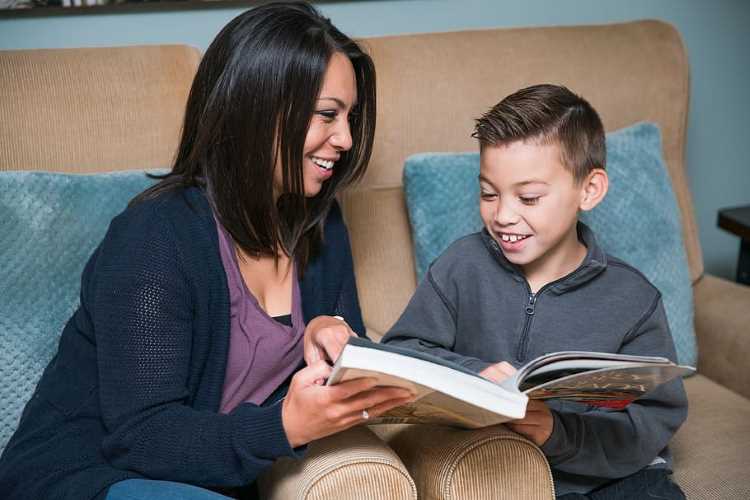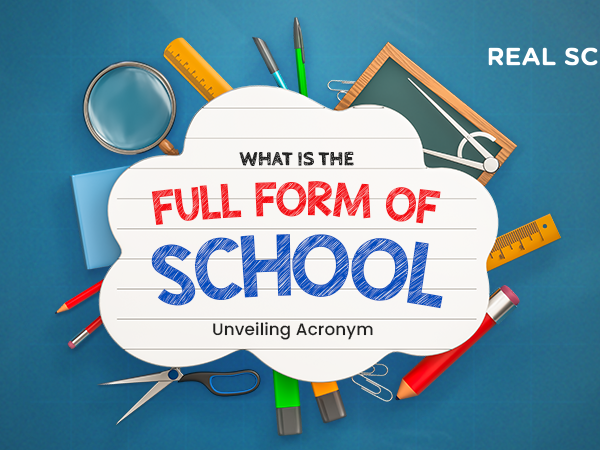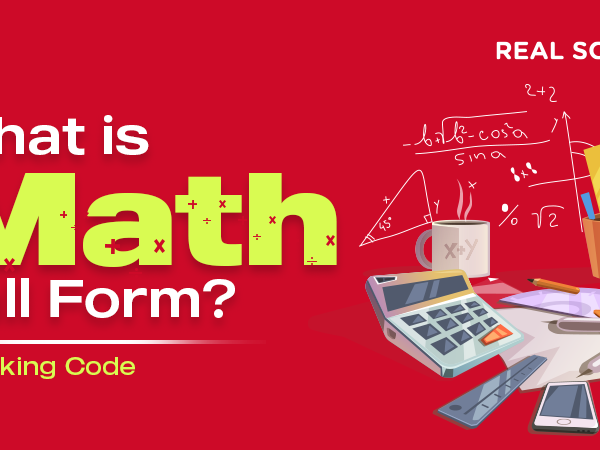As we all know, a child’s IQ measures his or her ability to think logically. Children’s IQ begins to form at the age of four and continues to develop until they reach the age of sixteen.
Children who are good at using the left hemisphere (Logic) will score well on IQ tests, but this does not mean that children who do not score well are bad. It’s just that those kids are better at using their right hemisphere (Emotion).
Let’s read through and understand what will be the right age for your kid to get an IQ test.
What is the Right Age of a Kid for an IQ Test?
IQ testing is not possible for children under the age of two. Children must be able to communicate in order to be tested. IQ tests are not designed for children this young, even if they are verbally advanced.
Although verbal children as young as two or three years old can theoretically be tested for giftedness, it is unlikely that they will be. More importantly, results at this age aren’t always accurate, and IQ test results aren’t always consistent among very young children, so your child’s score at age 2 might be quite different from their score at age 6.
Also Read: IQ Questions for Kids: How to Increase Your Kids IQ & Child Intelligence?
How to Test IQ Levels for Kids?
Individual IQ tests for school-aged children are the most widely used, as well as the most valid and reliable, some are the Wechsler Preschool and Primary Scale of Intelligence – Fourth Edition (WPPSI-IV), Wechsler Intelligence Scale for Children – Fifth Edition (WISC-V), and the Stanford Binet Intelligence Scales.
Types of IQ Tests for Kids
Individualized intelligence examinations take a long time to analyze and administer, but they give the most factual knowledge on general aptitude. Licensed psychologists or psychometricians must administer them. Individual intelligence tests are frequently undervalued by group intelligence tests. If you want your child evaluated, ask for an individualised test to be administered by a school psychologist.
#Wechsler Intelligence Scale for Children – Fourth Edition (WISC-IV) and Fifth Edition (WISC-V)
#Stanford-Binet Intelligence Scales – Fifth Edition
#Differential Ability Scales – Second Edition (DAS-II)
How to Prepare Your Child for Testing?
The following are the best ways to help your child prepare for the testing experience:
- It’s calming. Your kid will be worried if you are.
- Explaining that the session will consist of puzzles and games, which most children enjoy.
- Noting that the psychologist is interested in seeing how they solve problems, they should simply do their best and feel free to guess if they are unsure of the answer.
- Praising his/her effort and allowing some downtime after the test by ensuring he/she gets a good night’s sleep the night before and eats a healthy breakfast the day of the test. For some children, the testing process can be mentally taxing.
Test IQ Questions Type for Kids 10-15
There are various types of IQ test questions for children, such as
#Analogies
#Classification
#Visual
#Spatial
#Pattern driven
#Logical
Also Read: Brain-Boosting Exercise for Kids: Some Tricks and Techniques to Stimulate the Mind
What will the Test Point Do?
In the most traditional sense, IQ tests assess general intellectual ability, which includes verbal and logical thinking skills. Intelligence tests are frequently used to identify exceptional general intellectual ability in children because general intellectual ability, as measured by IQ scores, is the best overall predictor of school achievement and educational success.
If your child is having difficulty in school, IQ testing can be beneficial because it assesses specific spatial, logical, memory, and verbal skills. The results may indicate that your child is underachieving in comparison to his or her potential or that further evaluation of a potential learning disability is required.
What can One Expect from Results?
The results may assist you in gaining a better understanding of your child’s specific weaknesses, strengths, and potential abilities. They may also assist your child’s teacher in recognising the level of reasoning, knowledge, and skills that your child has already mastered so that curriculum and instruction are appropriately matched to your child’s abilities. A teacher or other school administrator may use the results as the basis for admission to a programme for children with similar abilities or interests.
It’s also possible that nothing changes for your child as a result of the testing; every family and school with which they work has a different outcome.
Conclusion
Every parent wants the best for their child and envisions him or her as a successful adult in the future. As competition intensifies with each passing day, it is expected that today’s children will have to survive in a much more competitive environment as adults. Parents must ensure proper skill development of their children from an early age in order for them to have a successful life later.
Hopefully, this article will assist you in determining the factors to consider in order to test your child’s IQ. You can always let us know what you think by leaving a comment in the box below.
Also Read: Tips to Help Your Toddler Develop Concentration Power: Understand the Parenting Role







